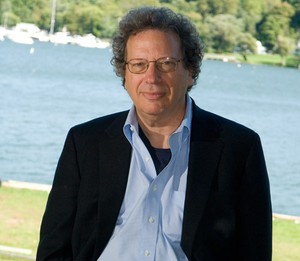Welcome to Michael Wigler's Website

For several decades my laboratory has studied the molecular basis of cancer, in particular the genetic mutations that drive the evolution of cancer. In the recent decade our studies extend to the nature of human genome diversity and genetic mechanisms of devastating disorders such as autism and congenital heart disease. Common to all these subjects are a set of technologies, wet bench and computational, for comparing the genomes of cells and sifting through genomic distinctions for clues to genetic causation. We specifically are interested in copy number and point mutations, and using them for prognostication, early detection, and building models of medical disorders. Most recently we have added to our toolbox methods for examining the genomes and transcriptomes of single cells. Data-rich single cell methods have broad applications to describing neuronal complexity, cancer progression and host response, as well as a variety of fundamental problems of cell physiology.